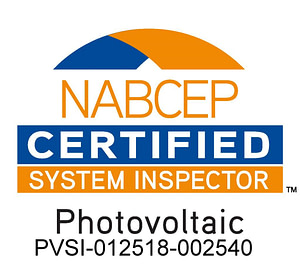EV Charging




Solar Services
Solar Services
Generators
Battery Storage
EV Chargers
Solar Savings
EV Charging
Services
Residential & Commercial Electric Vehicle Charging
As electric vehicles (EV) become more and more affordable, and therefore more common on the road, a new kind of fueling station is needed to support these vehicles: an EV Charging Station.
Charging stations function in relation to an EV much like a phone charger functions with regard to a phone. Instead of gas pumps, they come with plugs on long cords that hook into an electric vehicle’s charging port and begin delivering fresh power to the battery. These stations have started to appear in traditional gas stations, and in some areas of the United States and Canada, there are enough of these stations where EV owners don’t need a home charging unit.
At the same time—even in areas with reasonable access to public EV charging stations—residential charging stations are also a viable option. Their upfront cost isn’t as daunting as many homeowners may initially think, and they provide an ease of access and convenience that public power stations simply can’t.
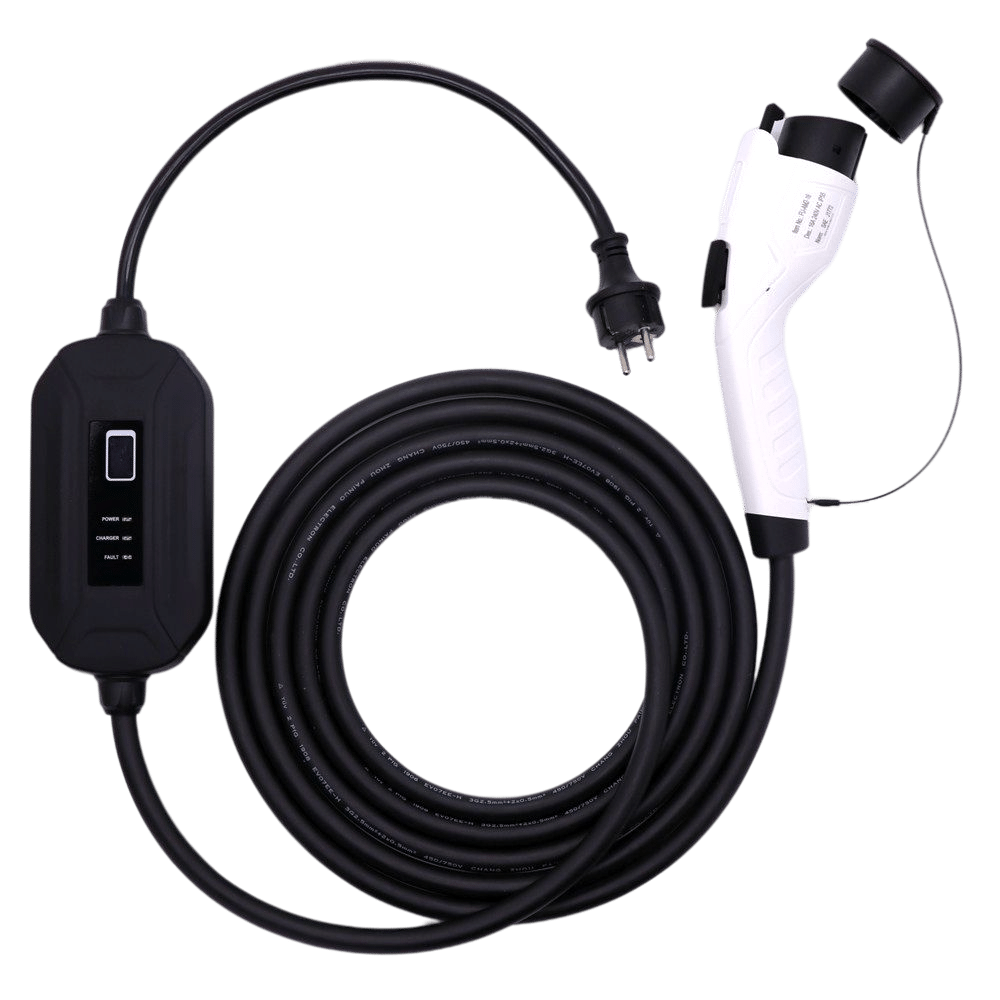
These chargers are the slowest and are usually 110-120 volt (V). This is the same voltage you’d use to power most of the appliances in your home, and on average, it would take about 40 hours to charge most electric vehicles with a Level 1 Charger.
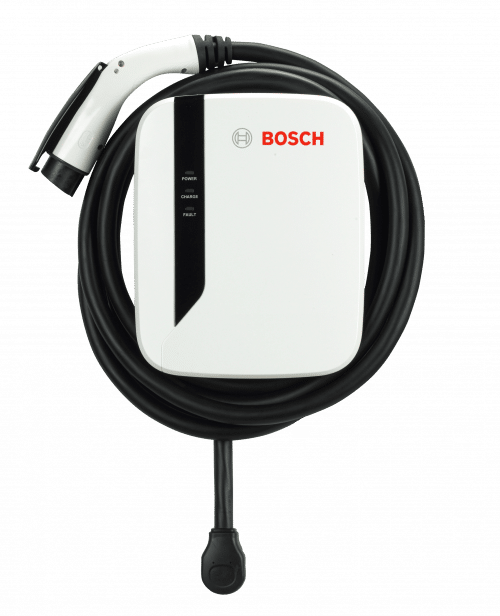
At 220-2240 V, these chargers are faster and more powerful than the Level 1 Chargers. Filling up a whole EV battery with one of these would take about nine hours.
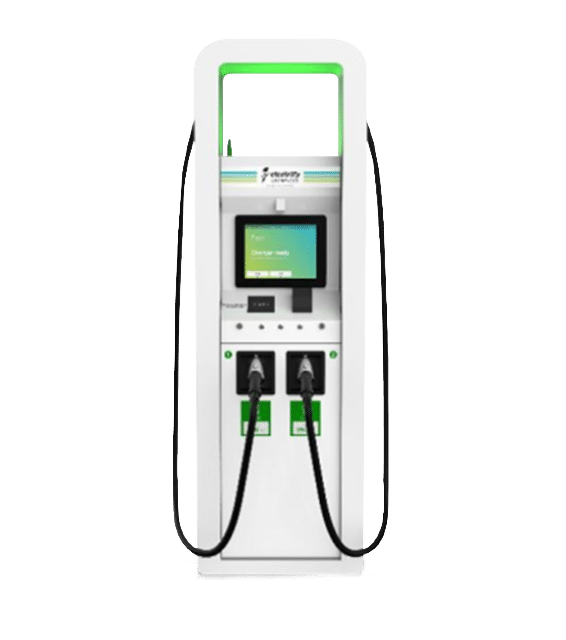
These chargers are rated at 400 V or more and are the fastest-performing class of chargers. Unfortunately, this means they are often more expensive than the other two classes. Also, some electric vehicles whose batteries can become damaged from the level of power these chargers give out.
Benefits Of
Commercial EV Charging
Commercial EV Charging Stations
Commercial charging stations have started to become a more frequent appearance for businesses like:
- Gas Stations
- Apartment Complexes/Multi-unit Buildings
- Retail Stores
- Hotels & Other Hospitality Businesses
There are many benefits for a business installing an EV Charger. Tenants are more likely to live in buildings with available stations/chargers provided for them; gas stations can see more interaction and activity if they provide both traditional gas pumps and the newer EV charging stations; retailers can attract more customers if they offer the ability for people to charge their vehicles while they shop; and more.
That being said, these chargers can be a significant investment, though the upfront cost depends entirely on what level of charger a business owner might spring for. Other installation costs for charging stations can include maintenance, which is generally around $300/year for Level 1 and Level 2 Charging Stations, and between $2,000 and $3,000 annually for Level 3 Chargers.
Commercial EV Charger
Tax Credit
EV Charger Tax Credit
The Inflation Reduction Act’s Alternative Fuel Refueling Property tax credit extends the EV charger tax incentive ten years—through December 31, 2032. Essentially, if you install a home EV charging station, the tax credit under the Inflation Reduction Act is 30% of the cost of hardware and installation, up to $1,000. Also, beginning in 2023, the tax credit for business and home installations, will apply to other EV charging equipment like bidirectional (i.e., two-way) chargers.
Before the Inflation Reduction Act, the limit on the amount of the EV charger tax credit for businesses was $30,000 (which still applies to projects completed before the end of 2022). However, under the new law, if you complete the business installation project after 2022, the tax credit per property item, is up to $100,000 per EV charger.
Residential
EV Charging
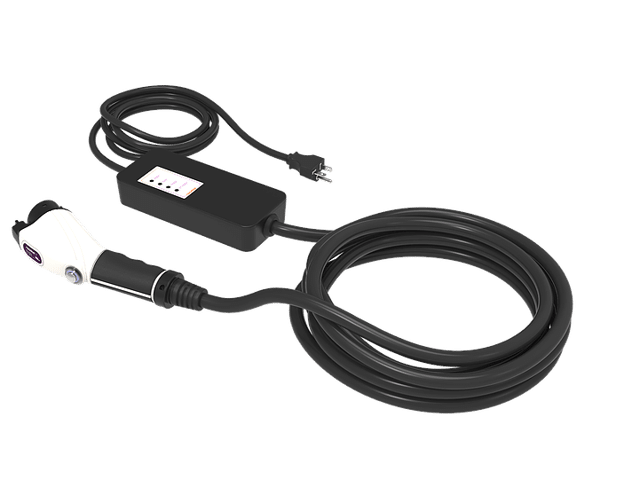
Electrical Vehicle Charging Chords
These chargers are portable and functional with almost any 120-volt outlet. Most of the time, electric vehicles will come with some kind of charging cable, which puts their cost at virtually nothing. The downside is that they take much longer to charge a car fully as opposed to charging stations.
Usually, the cost for these units could be anywhere from free, as they may already come with the car, or around $300 at the upper end of the price scale. They take roughly a day to charge a car.
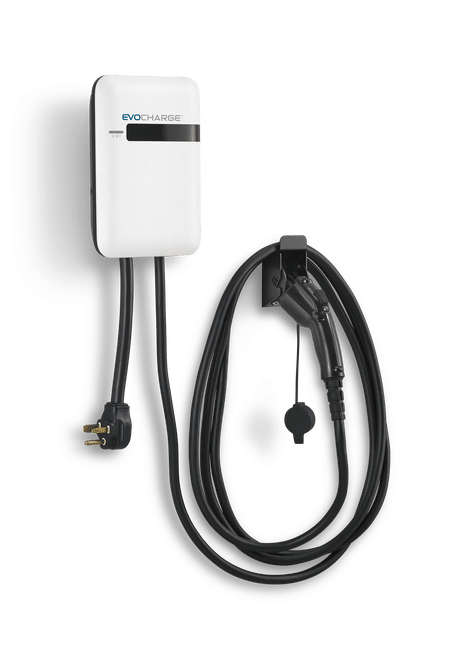
EV Charging Stations
These stations are more expensive to install in the home, as they often require a professional electrician or EV maintenance technician to come and wire the charging station directly into the home’s network. However, their rate of charge is far quicker than any Level 1 Charger. On average, these stations can cost anywhere from $300 to $4,500, plus additional labor costs that can range from $420 to $5,500, depending on the level of charger you're having installed. The charging time for these particular units generally runs from less than an hour to around five hours in total.
Hardwired
or Plug-in
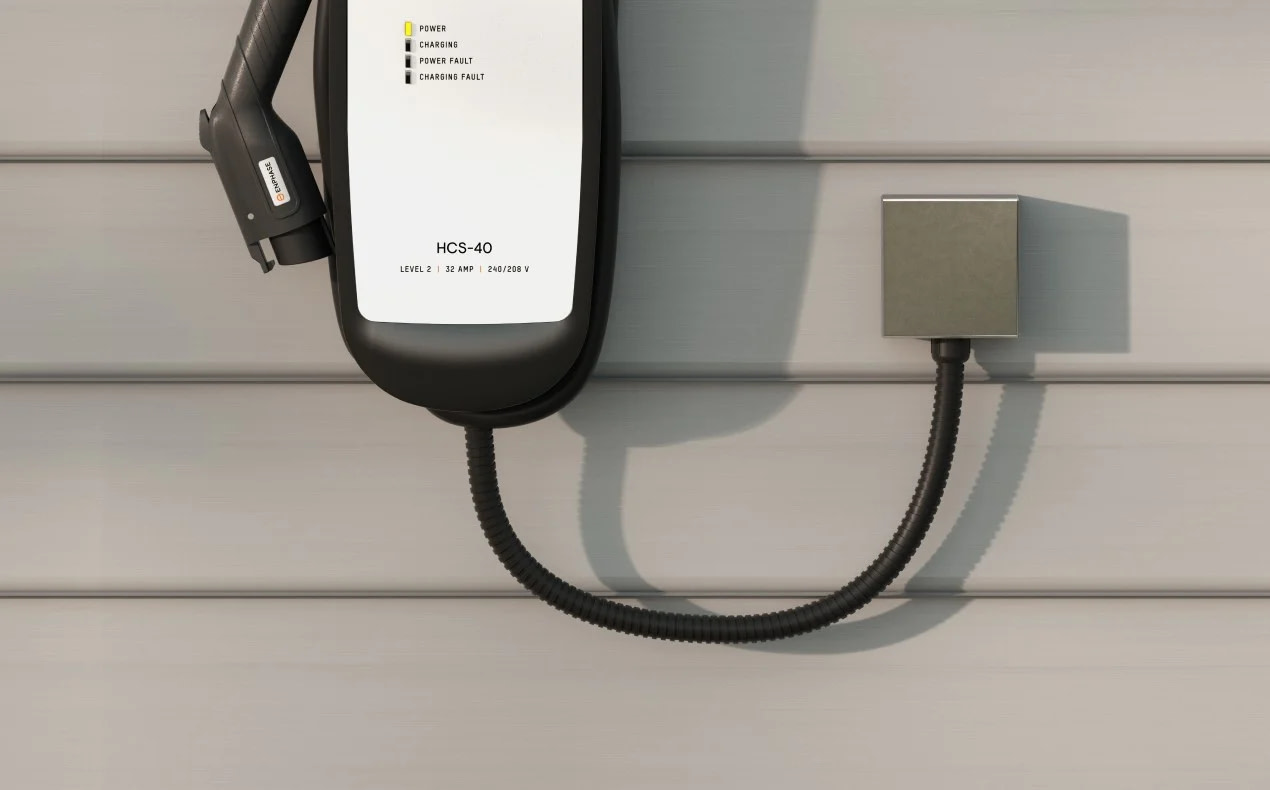
Hardwired configurations are installed like a light switch and permanently mounted to your wall. Plug-in configurations use 240 V outlets, like an oven or dryer outlet, and make it possible to easily move your charging station if needed. NEMA 14-50 and 6-50 plug-in options are available for 32 A and 40 A configurations.
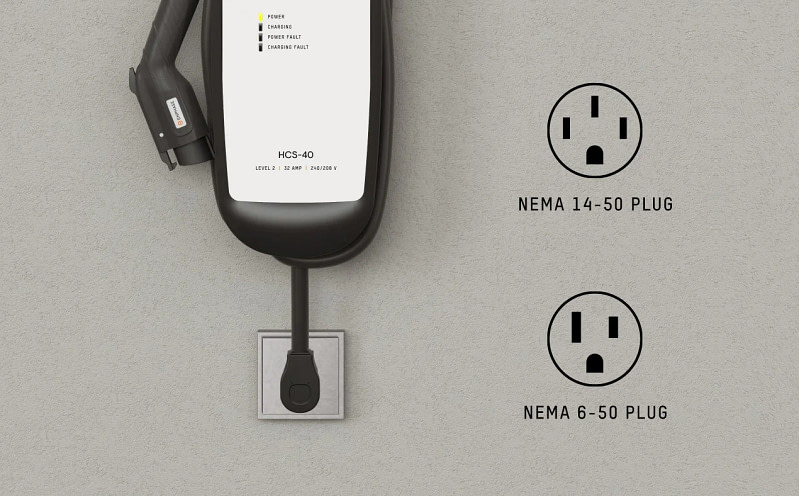
Safety Comes standard
Tested and certified by a Nationally Recognized Testing Lab (NRTL) such as UL or ETL.
Automatic circuit reclosure
In the event of a minor power fault, charging will stop and resume automatically, if needed.
Grand Fault Protection
Fully automated self-testing checks for ground faults and safely shuts off charging if detected.
Service Ground Monitor
Constantly checks for the presence of a proper safety ground connection.
We offer premium solar installation services, tax credit resources, basic mechanical information, and more. ECG Solar™ is here to provide you with all the help you need to make the best solar decision for you.


